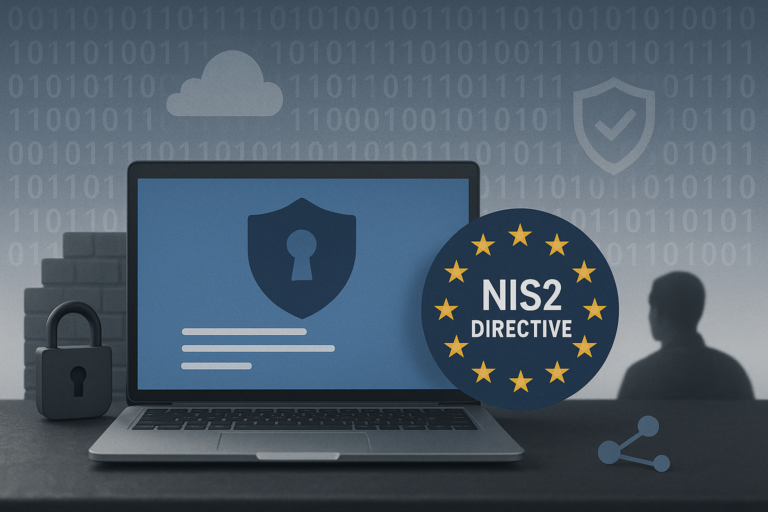Black Friday: don’t let hackers snatch the best deals instead of you
For many people, Black Friday is the ultimate day to snatch the best bargains. Massive discounts on almost everything you can order online. But while you’re hunting for deals, hackers have their sights set on something else: your personal data and hard-earned cash. Before you know it, you’ve walked straight into their trap, and they’ve scored the ultimate deal—completely free.
We at Phished understand that cybersecurity isn’t important just at work. Companies think too often that what employees do at home doesn’t matter. But that couldn’t be farther from the truth. Studies show that employees who are vigilant at home bring that same awareness to the office. They’re quicker to spot suspicious emails, more careful with links, and less likely to take risky actions online. That kind of mindset is key to preventing cyber incidents because, let’s face it, people are the weakest link in cybersecurity.
That’s why the Phished Academy focuses on awareness outside the workplace too. In one of our training sessions employees learn how to shop safely online—whether at home or on their lunch breaks—and how to avoid common pitfalls. We’ve outlined the biggest traps during your Black Friday shopping spree and how to steer clear of them. Why? Because cyber awareness doesn’t clock out when you leave the office. Behavioral change is, and always will be, critical to preventing any cyber risk. So what should you watch out for when chasing deals online?
Phishing emails with irresistible deals
Flooded with messages from stores promising massive discounts and exclusive offers? Think twice, especially if the deal feels too good to be true or comes with a sense of urgency. Cybercriminals excel at impersonating your favorite stores. They’ll send emails, texts, or even social media messages with links that lead to fake websites. One click, some data entered… and your personal information is gone.
Stay vigilant. Never click on a link in an email or message without checking the sender carefully. Look closely at the email address—tiny discrepancies often reveal scammers. Still unsure? Don’t click. Report the email and type the website address directly into your browser’s search bar.

Malware hidden in ads
Beware of flashy ads on social media or websites promising unbelievable savings! Not every banner ad on a webpage or in your feed is as harmless as it looks. Cybercriminals often spread malware through “infected” ads or unsafe sites pushing must-have Black Friday deals. One click could lead to stolen data or damage to your device.
Ignore these ads and go directly to trusted websites using your browser or saved bookmarks.
Fake online stores
Counterfeit online shops pose as legitimate retailers, aiming to scam you by selling products they’ll never deliver—or worse, stealing your payment information. Shopping at a store for the first time? Do your homework: check reviews, verify the URL for secure encryption (look for HTTPS, not HTTP), review the return and privacy policies, assess payment methods—do they offer secure options such as PayPal? These steps can give you a good idea of credibility, though no method is foolproof.
Protecting your data during Black Friday is crucial, and remember that the same vigilance applies at work. Cyber threats lurk everywhere. By staying mindful of online risks you safeguard your personal information and that of your company. Resist the urge to click impulsively on links or ads—it could cost you dearly.
Protect yourself, protect your team.



